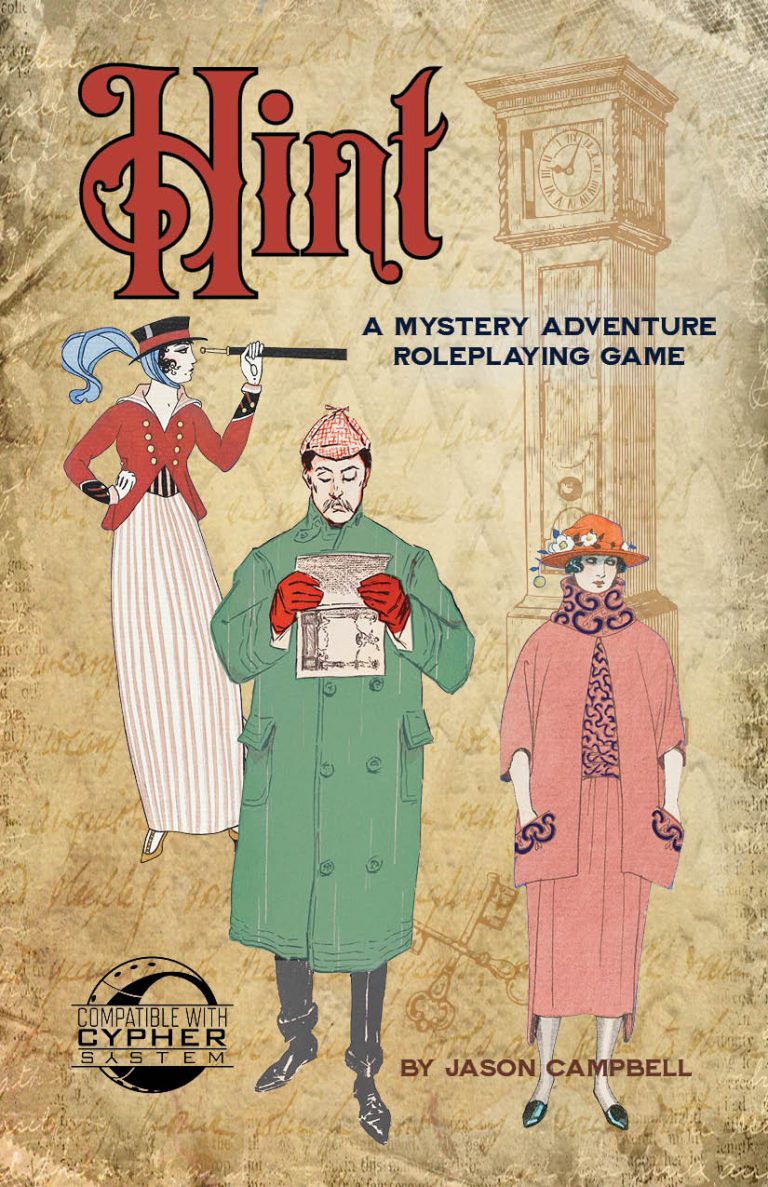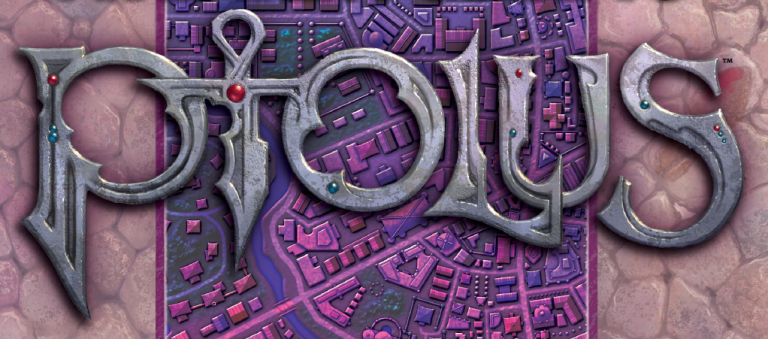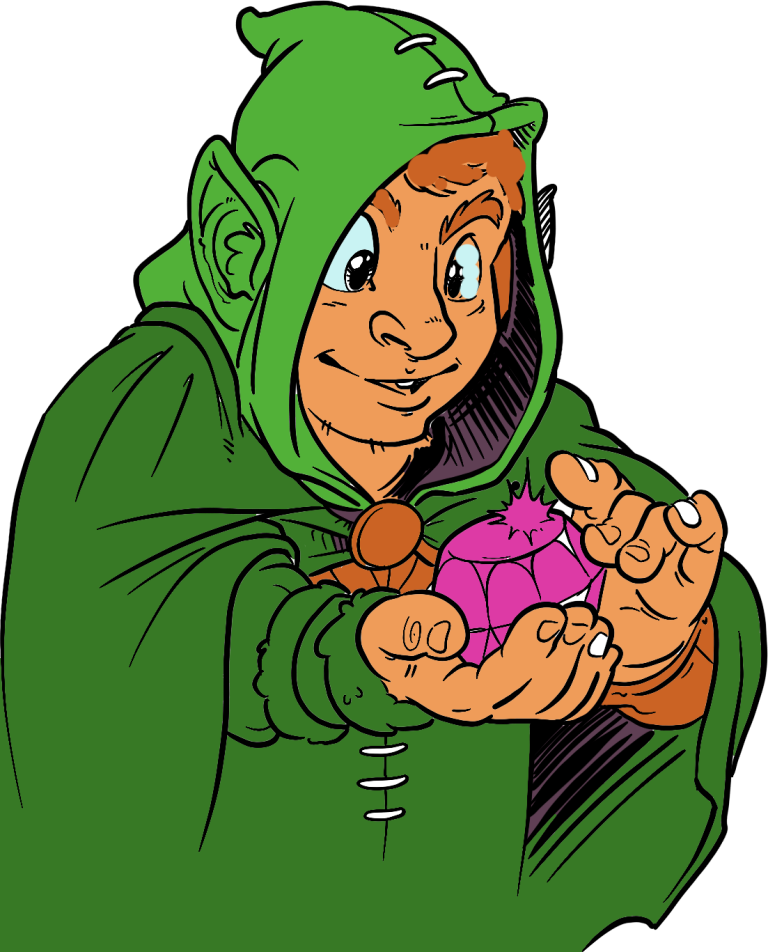By Jason Campbell
In my D&D 5e campaign set in the Ptolus campaign world, the PCs recently explored a temple to a god of chance. Because of that, the encounters were based entirely on randomness. There were things that would trigger random monsters, spells and treasure. My players are all experienced in TTRPGs in general and D&D specifically. The PCs are currently at 8th level.
The adventure began with the PCs using a teleportation system which they had used before but this time they were transported to an unfamiliar room. This likely put them on edge right away. They found themselves in a circular room with no apparent exits. There were a few bones and pieces of chains scattered across the room, but otherwise the only distinctive features were two large gems set into the floor, each 5’ in diameter. After some indecision I let them know that there was evidence of secret doors behind each of the gems, but those could not be opened. Then the gems began pulsing with light. The PCs were very cautious, inspecting the bones, chains, and searching every inch of the walls for secret doors, but found nothing of interest.
They eventually stepped on a gem, which of course was the trigger to the encounter, it set the room spinning, revealing cells of monsters and spells, as well as hallways to other sections of the complex.
I didn’t put a stopwatch on it, but it took quite a while of exploring the room before they committed to activating the gems. Certainly there were reasons why PCs might act cautiously. The questions for GMs are; what can you do about this, and if you do something about it, when do you do something? In this case I let the players explore for a while and suggest possible actions. As this is a long form campaign, I’m not concerned with getting to a certain plot point by a specific time. The campaign keeps going. If this was a one-shot built to finish in a certain time, I would have a more specific mental clock. That is, if I need to get to a specific plot point (usually the conclusion) in a certain time, I know how many encounters, or beats, the party needs to get through. In that case I’d know that after a short amount of time I need to move things along. IN the above scenario, I might have had the room spin on its own, or a secret door pen, or some other event act on the PCs.
In this case my concern is more about the pacing of the session, so the players don’t get bored. I used subtle clues like the gems pulsing, and describing the not important things like the scattered bones or the columns in the room quickly with little detail. This kind of description can give the players clues, even if they’re unconscious, that these things are not important enough to dwell on.
Have you ever been in this scenario, as a GM or a player? How did you handle it? How did you know when the game had slowed enough that the GM needed to act? Comment with your thoughts below.







